Addiction Helpline America connects you to 1,193 drug rehab centers in Florida, offering a wide range of options including inpatient facilities, outpatient programs, and medication-assisted treatment centers. Our extensive directory makes it easy to find licensed and accredited treatment facilities throughout Florida, ensuring you receive the support you need on your recovery journey.

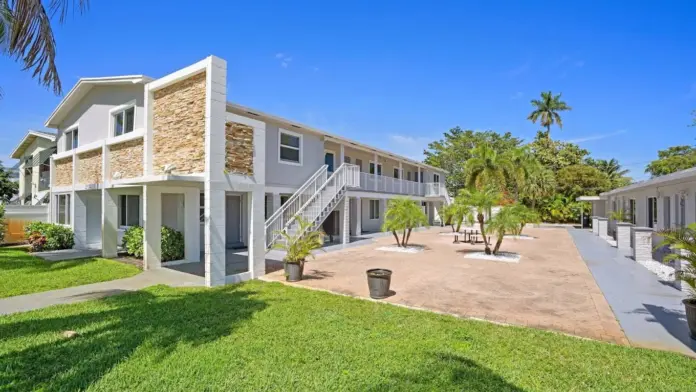 | Renaissance Recovery Center: Lantana, FLRenaissance Recovery Center is a luxury addiction treatment facility located on Florida’s beautiful West Coast in Lantana, Florida. The center provides comprehensive care for substance use disorders and co-occurring mental health conditions, assisting adult men and women through various outpatient treatment programs.Key Features of Renaissance Recovery Center: Personalized Treatment Plans: Before starting treatment, clients undergo a complete assessment to create a tailored recovery plan that meets their individual needs. Levels of Outpatient Care: The center offers three levels of outpatient treatment: Standard Outpatient Treatment Partial Hospitalization Program (PHP) Intensive Outpatient Program (IOP) Medication-Assisted Treatment (MAT): For clients needing detox, Renaissance partners with providers to offer medication-assisted treatment to support the recovery process. Gender-Specific Programs: The recovery programs are designed to be gender-specific, focusing on healing the whole person and fostering a supportive environment. Unique Therapy Approaches: A standout feature is the Warriors Way, a holistic group therapy program that combines meditation and mindfulness to connect mind, body, and spirit. Additionally, the center incorporates evidence-based therapies such as cognitive behavioral therapy (CBT) and dialectical behavior therapy (DBT), along with holistic approaches like art and adventure therapy. Flexible Outpatient Options: Recognizing that many clients may not be able to leave their families or jobs, Renaissance offers intensive support and therapy during the day, allowing clients to return home each night. This flexibility helps clients manage their daily responsibilities while making progress in recovery. Aftercare Support: The center emphasizes the importance of aftercare in achieving long-term sobriety. Clients can access peer support, monthly community events, support meetings, and a network of 12-step recovery groups to help prevent relapse and maintain a healthy, sober lifestyle. Insurance Partnerships: Renaissance Recovery Center works with various insurance providers, including Anthem, GEHA, Beacon, Aetna, Highmark, Cigna, and Blue Shield, to help clients access care. Clients often describe their experience at Renaissance as life-changing, thanks to the dedicated community and cutting-edge treatment methods that have supported thousands in their recovery journeys. 327 W Lantana Rd, Lantana, FL 33462 | Levels of Care:Outpatient12-Step Payment Options:Self-Pay Options Private insurance | 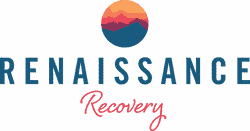 | |
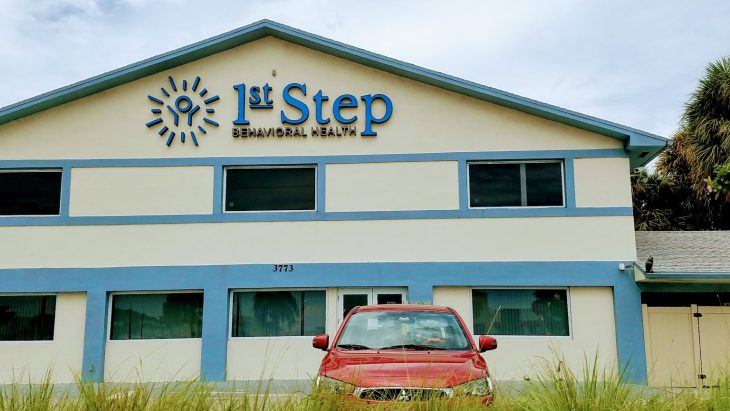 | 1st Step Behavioral Health1st Step Behavioral Health is a drug rehabilitation facility located in Pompano Beach, Florida, dedicated to serving adults, veterans, and families facing challenges related to substance use. The center offers a variety of specialized programs targeting addictions to prescription drugs, opioids, benzodiazepines, alcohol, and other chemical dependencies.Key Features of 1st Step Behavioral Health: Comprehensive Treatment Options: The facility provides care in a residential treatment setting, along with intensive outpatient (IOP) and partial hospitalization (PHP) programs, catering to different levels of care based on individual needs. Experienced Team: Clients are supported by a trained and experienced team of addiction recovery specialists and healthcare professionals who are dedicated to guiding individuals through their recovery journey. Multidisciplinary Approach: A multidisciplinary team is involved in the treatment process, especially for clients with co-occurring mental health diagnoses. After an initial evaluation, an individualized treatment plan is developed to address specific needs. Medical Detoxification: For many individuals, detoxification is the first step towards long-term recovery. The center offers medical detox treatment to safely wean individuals off chemical dependencies while managing cravings through ongoing medical support. Evidence-Based Therapeutic Approaches: Clients engage in various evidence-based therapeutic methods, including cognitive behavioral therapy (CBT) and both individual and group counseling. These approaches help clients learn essential recovery skills, including how to identify and manage triggers related to their substance use. Family Support and Immersion: The facility emphasizes family involvement in the recovery process, helping to strengthen support systems that encourage sustainable sobriety. Aftercare and Alumni Support: Aftercare support is provided to ensure clients have a plan of action for maintaining recovery once treatment is completed. The center also offers an alumni program and dedicated support for veterans. 1st Step Behavioral Health is committed to providing compassionate and effective care for individuals seeking recovery from substance use disorders, helping them build a foundation for a healthier future. 3773 N Federal Hwy, Pompano Beach, FL 33064 | Levels of Care:InpatientPartial Hospitalization Program (PHP)OutpatientAftercare SupportIntervention ServicesSober Living Homes Payment Options:Self-Pay Options Private insurance | 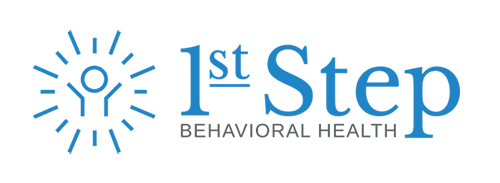 | |
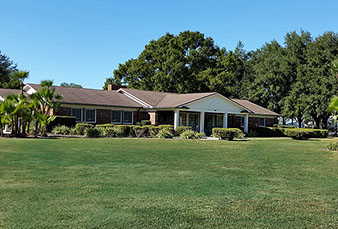 | 7 Summit Pathways7 Summit Pathways, located in Tampa, FL, 33619, is dedicated to providing comprehensive treatment for individuals struggling with substance use disorders. The facility offers a variety of services, including detoxification, residential treatment, outpatient programs, and holistic therapies. With a focus on personalized care and evidence-based practices, 7 Summit Pathways empowers clients to achieve lasting recovery and enhance their quality of life. 1910 Orient Rd, Tampa, FL 33619 | Levels of Care:OutpatientInpatientIntensive Outpatient (IOP)Aftercare SupportMedically Assisted DetoxSober Living Homes12-Step24-Hour Clinical CarePartial Hospitalization Program (PHP) Payment Options:Private Insurance Self-Pay Options | ||
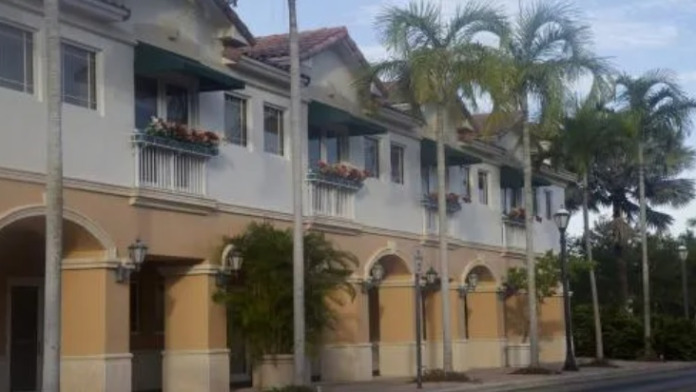 | A Bridge to GrowthA Bridge to Growth, located in Weston, FL, 33326, is dedicated to providing comprehensive treatment for individuals dealing with substance use disorders. The facility offers a variety of services, including detoxification, residential treatment, outpatient programs, and therapeutic support. With a focus on personalized care and holistic approaches, A Bridge to Growth empowers clients to navigate their recovery journey and achieve sustainable wellness. 1495 Northpark Drive, Weston, FL 33326 | Levels of Care:InpatientoutpatientAftercare Payment Options:Private Insurance Self-Pay Options | ||
A Counseling CenterA Counseling Center, located in Cocoa, FL, 32926, is dedicated to offering comprehensive mental health and addiction recovery services. The facility provides a range of programs, including individual counseling, group therapy, and outpatient support. With a focus on personalized care and evidence-based practices, A Counseling Center empowers clients to overcome challenges and foster lasting recovery and mental well-being. 690 Friday Rd, Cocoa, FL 32926 | Levels of Care:outpatient Payment Options:Private Insurance Self-Pay Options Financial Aid Medicare Medicaid Military Insurance | |||
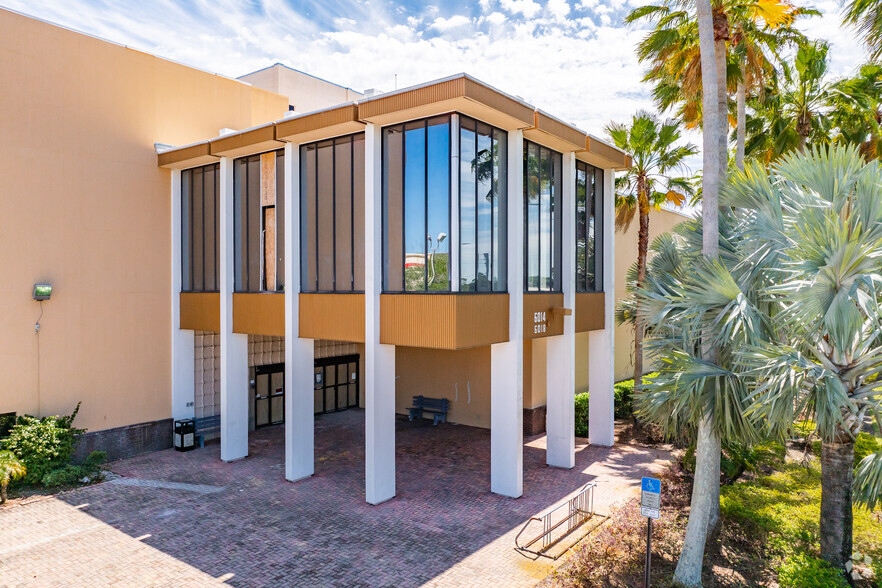 | A First Step CounselingA First Step Counseling, located in New Port Richey, FL, 34652, is committed to providing comprehensive counseling and recovery services for individuals facing substance use disorders and mental health challenges. The facility offers a variety of programs, including individual therapy, group sessions, and outpatient support. With a focus on personalized care and a compassionate approach, A First Step Counseling empowers clients to embark on their journey to recovery and improve their overall well-being. 6014 US-19 #107, New Port Richey, FL 34652 | Levels of Care:outpatient Payment Options:Private Insurance Self-Pay Options Financial Aid Medicare Medicaid Military Insurance | ||
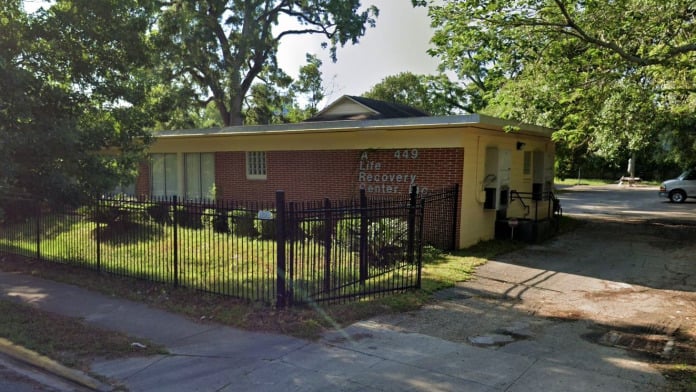 | A Life Recovery CenterA Life Recovery Center, located in Tallahassee, FL, 32301, is dedicated to providing comprehensive treatment for individuals struggling with substance use disorders. The facility offers a variety of services, including detoxification, residential treatment, outpatient programs, and holistic therapies. With a focus on personalized care and evidence-based practices, A Life Recovery Center empowers clients to achieve lasting recovery and reclaim their lives. 449 W Georgia St, Tallahassee, FL 32301 | Levels of Care:Inpatientoutpatient Payment Options:Self-Pay Options | ||
A New Life for WomenA New Life for Women | Payment Options:Private insurance | |||
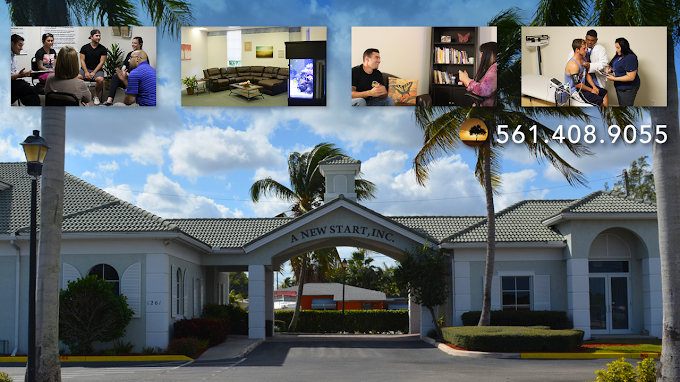 | A New Start, Inc. IOPA New Start, located in West Palm Beach, FL, 33406, specializes in comprehensive treatment for individuals facing substance use disorders. The facility offers a range of services, including detoxification, residential treatment, outpatient programs, and aftercare support. With a focus on personalized care and evidence-based approaches, A New Start empowers clients to achieve lasting recovery and build a brighter future. 1261 S Congress Ave, West Palm Beach, FL 33406 | Levels of Care:Aftercare SupportInpatientoutpatientIntensive Outpatient (IOP)12-StepIntervention ServicesPartial Hospitalization Program (PHP)Medically Assisted Detox Payment Options:Self-Pay Options | ||
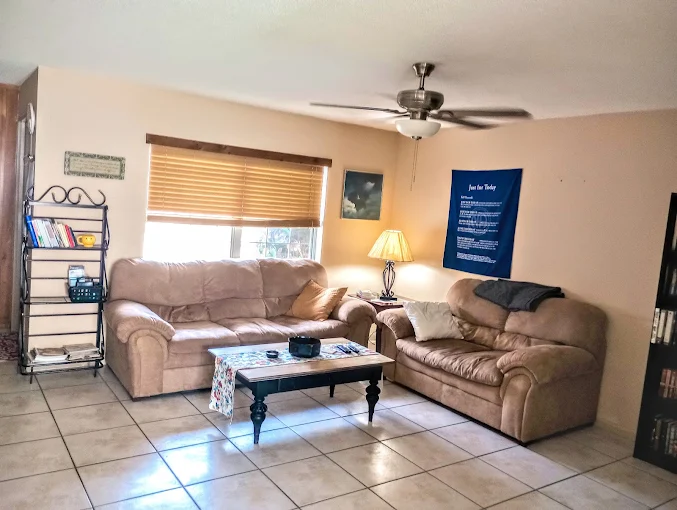 | A Stepping Stone to Success Sober Living536 Clemson Dr, Altamonte Springs, FL 32714 | |||
AAR Counseling ServicesAAR Counseling Services | Payment Options:Self-pay options | |||
AAR Counseling Services - Main Office North NaplesAAR Counseling Services - Main Office North Naples | Payment Options:Self-pay options | |||
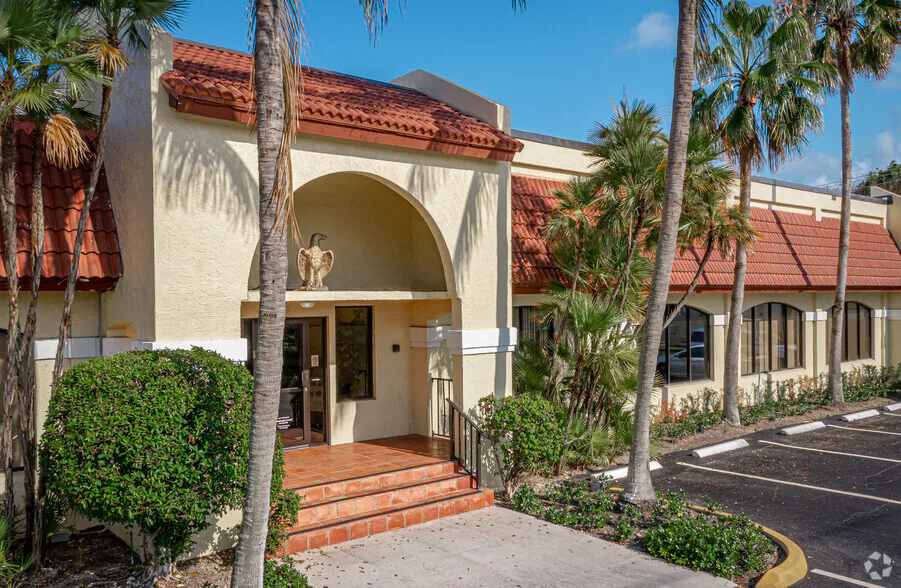 | Abusive Partners Program of Palm BeachThe Abusive Partners Program of Palm Beach is committed to providing effective, compassionate care for those struggling with substance abuse. By offering flexible outpatient treatment options and addressing co-occurring mental health disorders, the program empowers individuals to pursue a healthier, substance-free life. 1700 N Dixie Hwy #111, Boca Raton, FL 33432 | Levels of Care:outpatient Payment Options:Private insurance Self-Pay Options Medicare | ||
Access Recovery SolutionsAccess Recovery Solutions | Payment Options:Medicaid | |||
Achieve Behavioral HealthcareAchieve Behavioral Healthcare | Payment Options:Self-pay options | |||
ACT Center284, 3501 W. Vine Street Kissimmee FL, 34741 | Payment Options:Private insurance Self-pay options Sliding scale payment assistance Employee Assistance Program | |||
ACT Center4300 South Semoran Boulevard Suite 207 Orlando FL, 32822 | Payment Options:Private insurance Self-pay options Sliding scale payment assistance Employee Assistance Program | |||
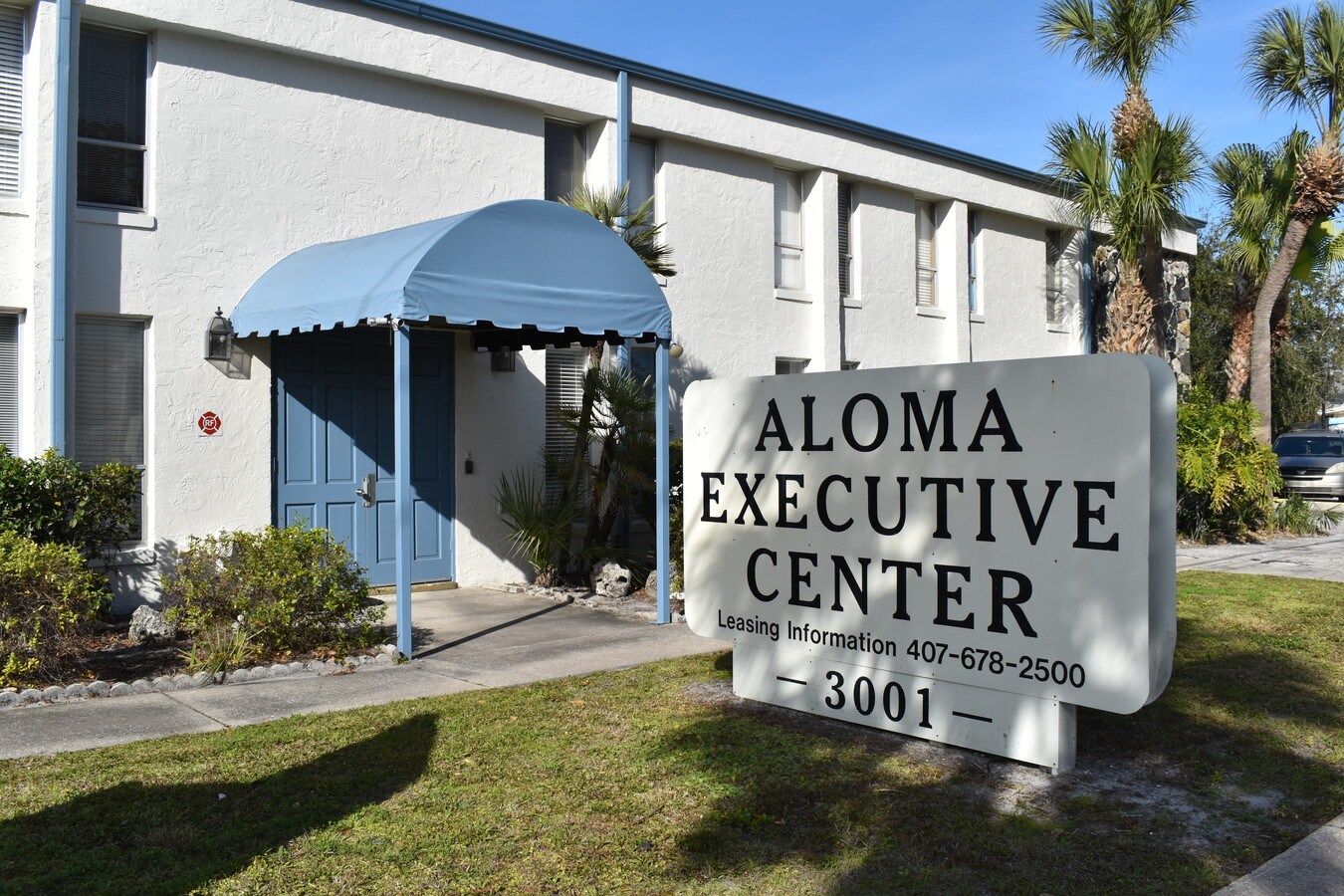 | ACT Center - Winter Park, FLACT Center offers outpatient substance abuse evaluation and treatment, providing essential support for individuals seeking recovery from addiction. The center employs a basic outpatient group sessions approach to facilitate healing and growth.Key Features of ACT Center: Outpatient Services: ACT Center specializes in outpatient treatment, allowing clients to receive care while maintaining their daily responsibilities. Group Sessions: The center offers group sessions at various times, including: Daytime sessions Evening sessions Weekday sessions Spanish Language Groups: To accommodate a diverse clientele, Spanish language group sessions are also available during both day and evening hours. Supportive Environment: Group therapy provides a supportive environment where individuals can share experiences, learn from one another, and develop coping strategies for recovery. ACT Center is dedicated to helping individuals navigate their recovery journey through accessible and effective outpatient services. 3001 Aloma Avenue, Suite 102, Winter Park FL, 32792 | Levels of Care:outpatient Payment Options:Self-Pay Options Private insurance | ||
Action Relational Therapy of FloridaAction Relational Therapy of Florida | Payment Options:Self-pay options | |||
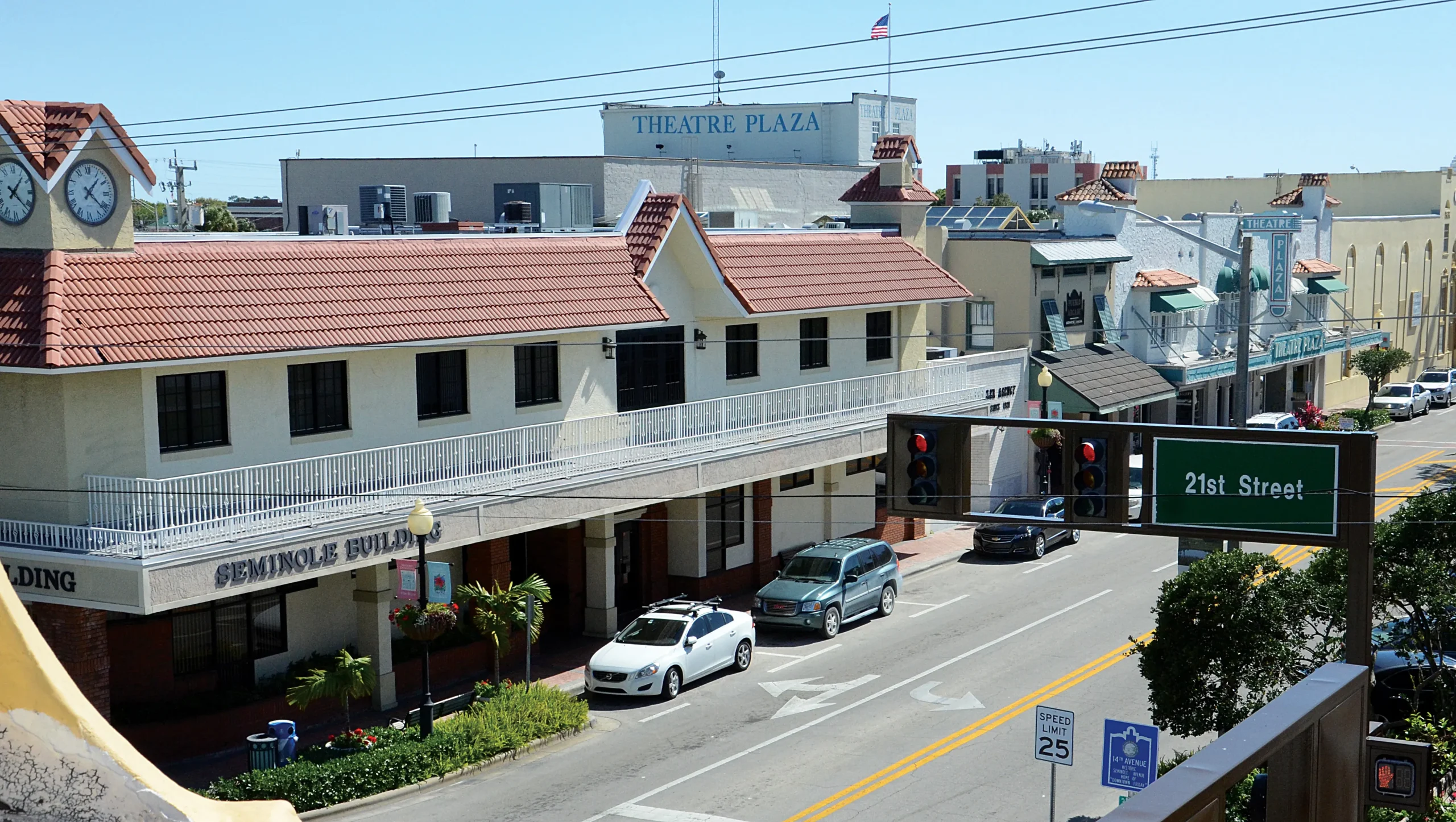 | ADAP Counseling Services1458 Old Dixie Highway Vero Beach FL, 32960 | Payment Options:Per session: $50Self-pay options |
Find Florida drug rehabs in cities near you or sort by letter.
For anyone seeking help for addiction for themselves or a loved one calls to Addiction Helpline America are completely confidential and available 24/7.
Please note: any treatment center listed on our site that receives calls is a paid advertiser.
Calls to a specific treatment center’s listing will be connected directly to that center.
Calls to our general helpline will be answered by treatment providers, all of whom are paid advertisers.
By calling the helpline, you agree to our terms and conditions. These calls are free of charge and carry no obligation to enter treatment. Neither Sober Steps nor anyone answering your call receives a commission or fee based on your choice of treatment provider.
If you’d like to explore additional treatment options or connect with a specific rehab center, you can browse our top-rated listings, visit our homepage, or call us at (844) 561-0606. You may also contact us for further assistance.
Calls to any general helpline will be answered or returned by one of the treatment providers listed, each of which is a paid advertiser:
Our helpline is available 24 hours a day, 7 days a week at no cost to you and with no obligation for you to enter into treatment. We are committed to providing support and guidance whenever you need it.
In some cases, Addiction Helpline America charges our verified partner a modest cost per call. This fee helps us cover the costs of building and maintaining our website, ensuring that we can continue to offer this valuable service to those in need.